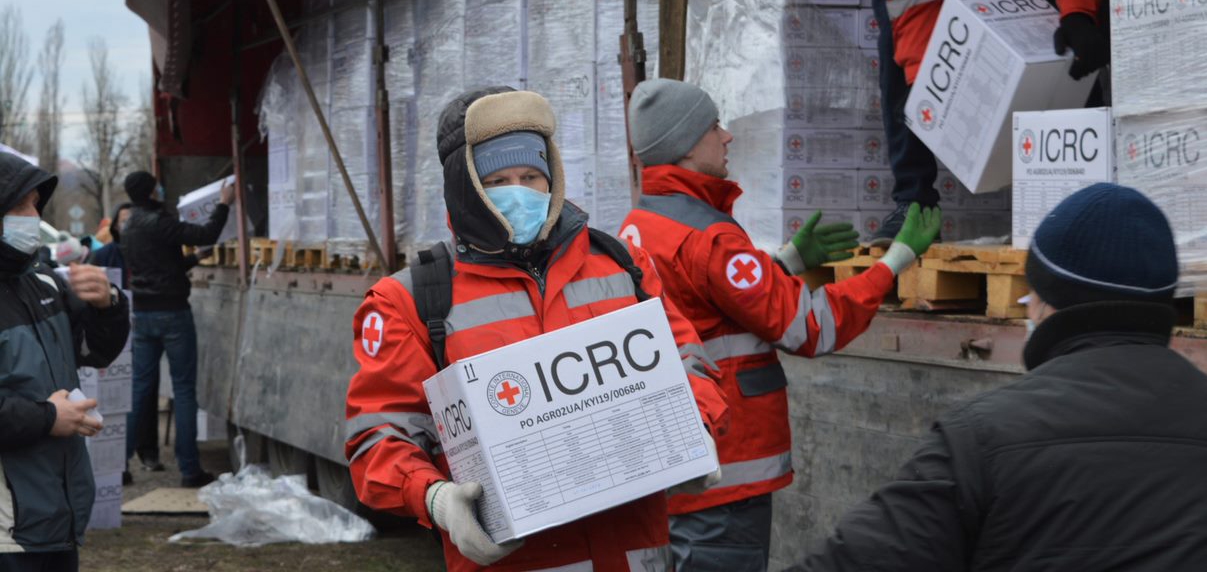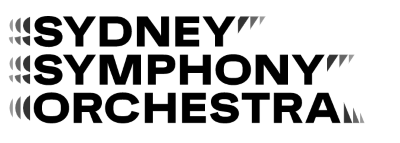An 80-year-old woman whose house was damaged by shelling in Donetsk Oblast, Petrovsky district. Photo: Yevgen Nosenko/ ICRC
The situation unfolding in Ukraine is deeply concerning.
The ongoing and now escalating violence in Ukraine is inflicting heavy humanitarian consequences on people’s lives and wellbeing, their homes, and essential infrastructure. It continues eight long years of conflict adding more pain, loss and turmoil.
You can help the Red Cross teams who are on the ground providing first aid, supporting health facilities with medicines and equipment, providing families with food, shelter and hygiene items, delivering much-needed water, and repairing vital infrastructure.
Donate today to the Ukraine Crisis Appeal and you can help provide emergency relief and longer-term humanitarian support to people and communities affected by this unfolding crisis.
Your donation can help provide the life-saving support needed right now and, in the weeks and months to come. That support may include:
- Humanitarian activities to enable Red Cross and Red Crescent partners to address immediate and longer terms needs in Ukraine and neighbouring countries, including to people who are displaced. This includes emergency relief assistance such as shelter, health, water and sanitation.
- Specialist aid workers to assist local teams to respond to the crisis
- Helping people restore contact with family members separated by the crisis by offering services to maintain family links and locate missing family members
- Monitoring and evaluation of the support
“Without urgent action to protect essential services in areas where the hostilities are taking place, large scale humanitarian implications are expected.”
Ukraine Crisis Appeal
- Overview- active step
- Your details
- Billing address
- Summary
- Payment

Payment details
By clicking "Donate", I certify that:
- I am at least 18 years old.
- I accept the terms and conditions.
- I understand that my personal information will be collected and used as set out in the Red Cross privacy policy and privacy collection notice.
- I understand I can access and change my personal information at anytime by calling Australian Red Cross at 1800 733 276 or via my.redcross.org.au
About the Ukraine Crisis Appeal
That support may include:
- Humanitarian activities to enable Red Cross and Red Crescent partners to address immediate and longer terms needs in Ukraine and neighbouring countries, including to people who are displaced. This includes emergency relief assistance such as shelter, health, water and sanitation.
- Specialist aid workers to assist local teams to respond to the crisis
- Helping people restore contact with family members separated by the crisis by offering services to maintain family links and locate missing family members
- Monitoring and evaluation of the support
As the security situation allows, Ukraine Red Cross, International Committee of the Red Cross (ICRC), the International Federation of Red Cross (IFRC) and other Red Cross and Red Crescent Movement partners are responding to existing and emerging humanitarian needs.
Teams will continue to repair vital infrastructure, support health facilities with medicines and equipment, and support families with food and hygiene items.
Delivering water and preserving access to water is a significant concern. Right now, the ICRC are responding to severe water shortages resulting from intensified fighting disrupting supply, leaving several water stations and pipelines out of order, which serve more than 1 million people. The ICRC has been delivering thousands of litres of water.
IFRC, National Societies and authorities in neighbouring countries are preparing for a potential increase in cross-border migration in the coming weeks. Poland and Russia are be expected to be primary countries of refugee (REFUGE) for persons fleeing Ukraine in case of escalation.
Missing people is one of the Movements top priorities. More than 800 persons still remain unaccounted for, in over seven years after the conflict started, out of a total of some 1,800 missing persons registered with the ICRC and the Ukrainian Red Cross Society since the beginning of the conflict. This includes both civilians and military personnel
Ukrainian Red Cross Society (URCS) has 2,000 volunteers and 550 staff working across the country. It activated its Emergency Operations Centre on 14 January and is currently engaged in implementing safety and security plans.
The ICRC operations in Ukraine are among the ten largest ICRC operations worldwide (out of 100 places they work). They have over 600 staff members in six offices across Ukraine on either side of the line of contact. The ICRC have been in Ukraine since 2014.
IFRC through its Country Delegation in Ukraine and supported by its Regional Office for Europe, has been providing technical support to URCS and mobilising international aid to programs and operations led by the National Society.
Our Restoring Family Links team can help people who have lost contact with relatives in Ukraine or Russia due to the current situation. We assess cases, and work through the global Family Links Network to assist people to re-establish contact with family members. Please be aware that because of the evolving situation this may take some time.
Our Restoring Family Links hotline is available Monday to Friday 9am to 5pm (AEST) on 1800 875 199 or via email at tracing@redcross.org.au.
Donations above $2 are tax-deductible in Australia. You will receive a receipt in your name in an email when you donate online.
Australian Red Cross will not deduct more than 10 per cent of money raised to cover indirect essential costs such as receipting donations, IT costs, costs to send the money overseas and overheads. Any interest earned on donations will be invested back into the appeal.
We welcome volunteer support, but we can’t send volunteers overseas to help in an emergency or humanitarian crisis. When we need to send people overseas, we have a roster of skilled aid workers with extensive experience in their field, together with previous international experience, and training in how our emergency operations work. To volunteer with Red Cross in Australia, visit redcross.org.au/volunteer to search volunteer opportunities.
We really appreciate the generosity, but we are not accepting in-kind donations for food, clothes, medical equipment or other items, as we’re unable to distribute those overseas. There are several good reasons for this. Every item has to be checked, cleaned, sorted, packed, transported, stored and distributed, which hugely increases the cost of the relief effort and diverts from work that may be needed on the ground.
Also, the items donated aren’t always what people need. But cash helps people make dignified choices that are right for them. Even worse, unwanted boxes of donated goods can clog ports and post offices and actually prevent the delivery of essential items like medicines and relief supplies.
The website DonateResponsibly.org has a great explanation of what can go wrong.
If you have good-quality clothes or household items, our Red Cross Shops would gratefully accept them, to on-sell in Australia and raise funds for our vital work. Find out how you can donate.
We are using the money donated during the bushfires to help those directly affected by the fires – including those who lost loved ones or homes, and those who were injured. We won’t and can’t use those funds for any other purpose.
As of 31 December 2021, 96% of the funds raised for the bushfires have been disbursed or spent. We know from our work after other disasters that recovery takes years, not months. This is why we are still supporting bushfire affected communities and will continue to do so. Red Cross is actively supporting the ongoing bushfire recovery efforts in Queensland, New South Wales, Victoria and South Australia. The remaining funds are allocated for this ongoing recovery support, across a 3-year program. This work includes psychosocial support, capacity building, community recovery and advocacy. For more information visit redcross.org.au/bushfirereport.
